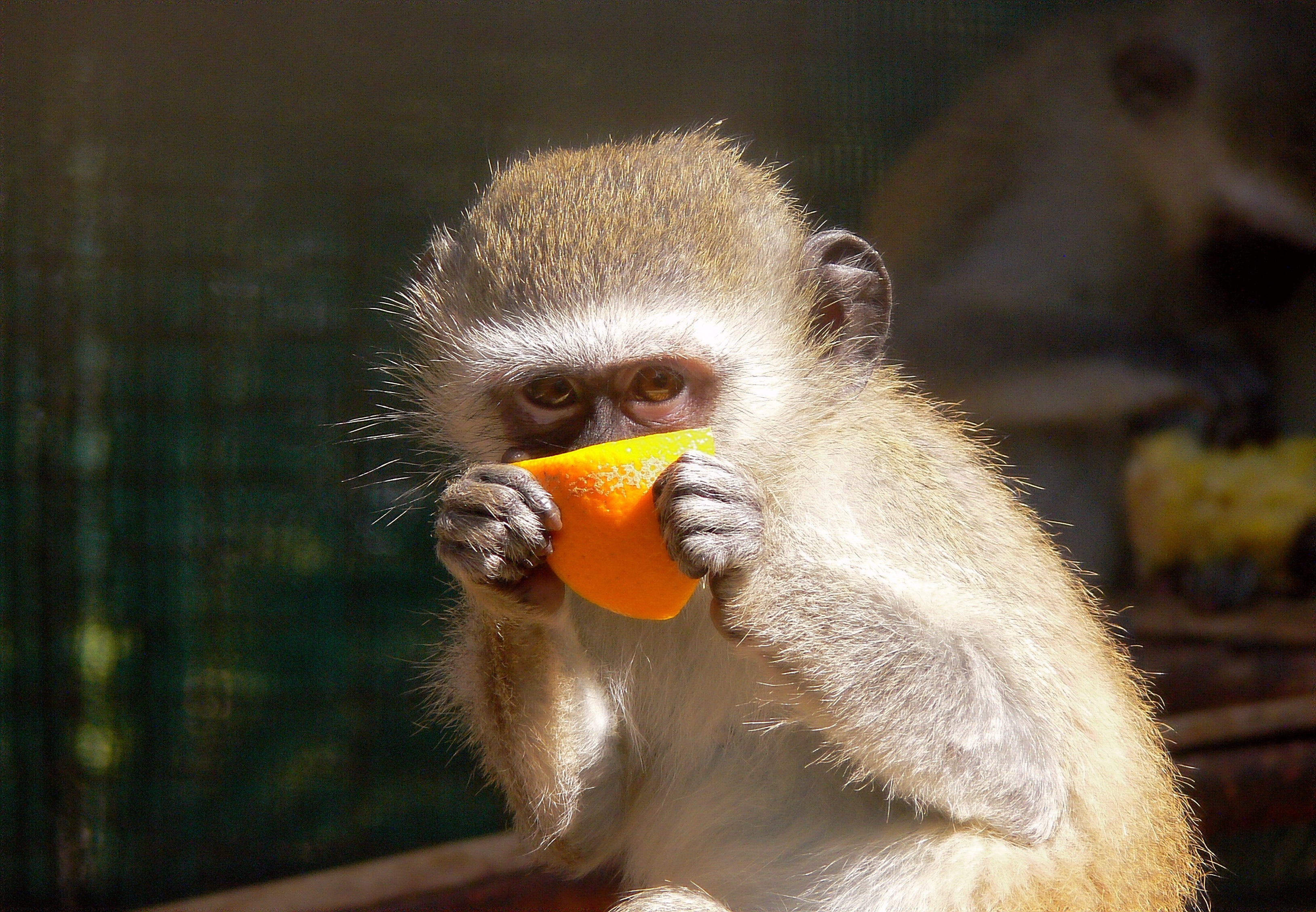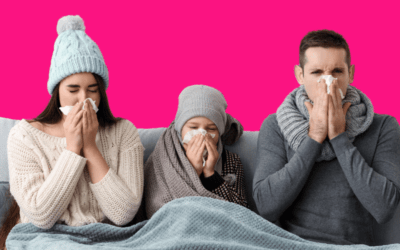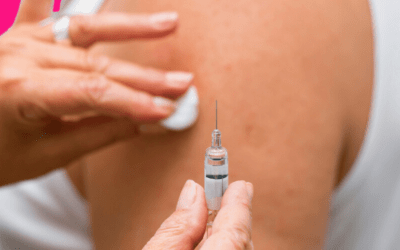Those of you who have done a Travel Health course delivered by me will probably have heard me recount the post-exposure rabies story from my South Africa trip when I’m discussing how to approach the question of ‘what vaccines do I need?’.
I tell the story because it is a very fitting example for:
- Illustrating why it’s important to advise about ALL the relevant vaccine preventable diseases during a consultation- even if we don’t provide them all.
- Demonstrating why we have to be so careful about the language we use when advising a traveller about travel vaccinations.
- Explaining why asking questions and probing is important. Especially with travellers who may not realise just how risky their planned activities are.
Potential risks have to be carefully interpreted and discussed with travellers, along with the preventative options and advice for what to do if a traveller chooses NOT to have vaccinations. And to do that, we have to know about diseases and treatments. Not just the vaccines. And that’s why I’m sharing this (rather embarrassing) story and my reflections on it with you now.
Let’s focus on Rabies
Rabies is an acute viral encephalomyelitis caused by several members of the Rhabdoviridae family.
It transmits through infected saliva via bites or scratches from rabid animals (in particular dogs).
It is almost invariably fatal once symptoms develop.
Guidelines on managing rabies post exposure treatment (2023, p8)
Here’s me in South Africa, looking very much more youthful than today (not a nurse at this point, let alone a travel health nurse- and especially not a trainer in the field!).
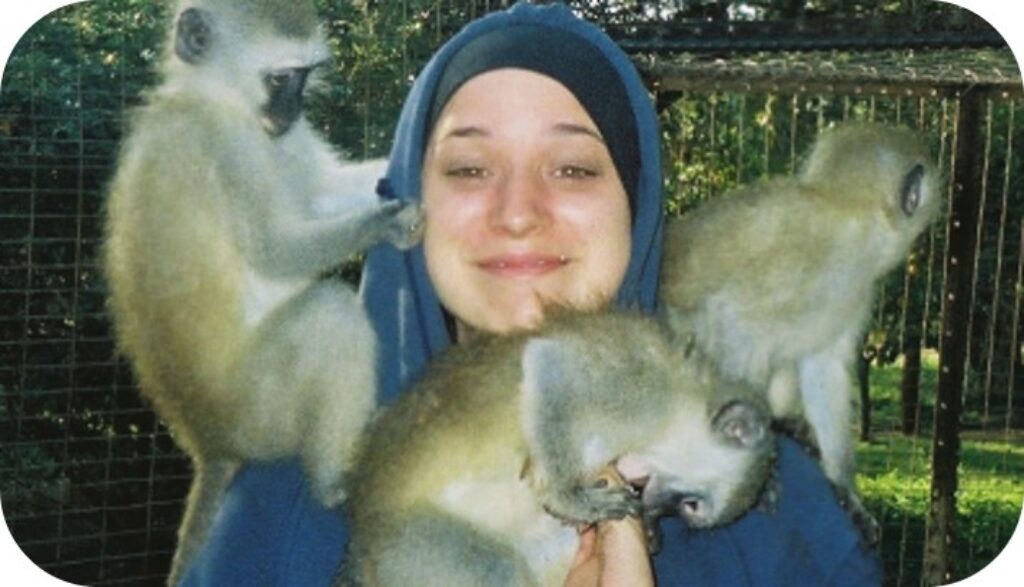
As you can see, this picture demonstrates a potential rabies exposure, which is defined by a bite or scratch by an animal in a rabies endemic country. Animals, of course, do not have to ‘look’ rabid, to be carrying rabies (and they don’t have to be dogs either).

Back then I was an unruly and adventurous 24-year-old female, working as a HCA, with a passion for exploring. I had absolutely no idea how to tend to my travel health needs at this point and it was not top of my agenda either. Medically, I had no significant history. I had a trip planned for two weeks in South Africa, Limpopo province. I was doing some ‘volunteering’ with the ‘locals’.
The above description of the trip is what I told my travel health advisor (who was my practice nurse) at the time. However, I happened to miss out that the ‘locals’ happened to be varying forms of wildlife, mainly Vervet monkeys.
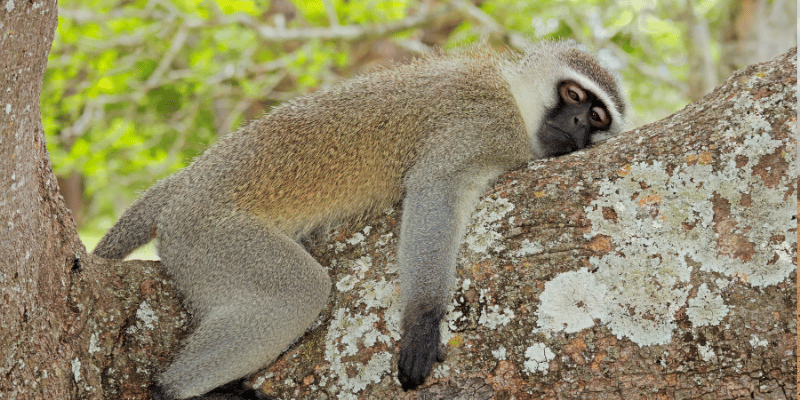
My consultation went something like this:
I asked the standard question; “What vaccines do I need?”. The nurse looked at her screen and said “ahhh yes here’s what you need”. She then gave me a hepatitis A vaccine, and advised me to buy some malaria tablets. I asked if I would need anything else and she said; “oh no, it’s only a short trip, just be careful with your food and drink and have fun!”. She sent me on my merry way to South Africa feeling invincible (as travellers often do after a ‘jab’).
I felt I had done my bit for my health as I packed up my rolls of camera film while pondering what ‘careful’ actually meant with regards to food and drink. Ah maybe it meant take some Imodium. So, I packed some of those too.
The nurse didn’t ask me what kind of volunteering I was doing, and likewise, I didn’t offer this information, not thinking it was particularly relevant. I just wanted to know which ‘South Africa’ based jabs would protect my entire-being from everything on the trip like a lot of people do. I didn’t really think there was more to it than just knowing the country.

Like many lay people, I just imagined a magic list somewhere with ‘South Africa’ at the top and a list of vaccines with no discernible categorisation based on these odd things called ‘risk factors’.
Anyway, here are some examples of what happened on that trip:
- Animal-related injuries were frequent. I got bitten, scratched, mauled by various small mammals the whole time. This was largely because I was in monkey enclosures covered in them daily.
- My clinical skills expanded. I learned how to suture monkey skin during that time on live subjects.
- It wasn’t just about the monkeys. I played with the cute on-site puppy (Beni) every day. I stroked a mongoose, held a snake and a baby crocodile.
- I was told by the locals that I didn’t need to take my malaria tablets (because the hospitals were ‘excellent’). So, to fit in, I stopped taking the over-the-counter Chloroquine I had bought (incorrectly, because it was cheap and the only one I could find without a prescription). This part, by-the-way is a WHOLE OTHER BLOG waiting for me to write.
- I swam in the freshwater river without any consideration towards parasitic diseases.
- I got many mosquito bites because I only applied my repellent once a day when I woke up. There were no bed nets. There wasn’t even a light in my room. I slept in an outdoor structure that was pretty much open to the elements the whole time.
- For two nights I bivouacked in the South African bush. I was pretty rural. I Arrived in a 10-seat plane; that’s how rural.
- My electrical skills developed. I fixed up live 250v electrical fences without turning the electricity off. I also climbed a tree holding a chainsaw.
- I was driven around in the back of a pick-up truck with no seat belts at 70 MPH.
- It was a blast. And, I must admit, a blessing to be so ignorant to all those risks at the time!

I know what you’re thinking…
Yes, there are so many risks I took on that list. And yes, I was stupid and naïve to not learn a bit more about protecting my health. I didn’t research it all properly, being swept away by the glossy STA brochure with pictures in like the one above of happy travellers covered in cute happy monkeys. I kind of thought: How dangerous can it be if there’s a brochure? And look at the monkeys they are so cuuuuute…
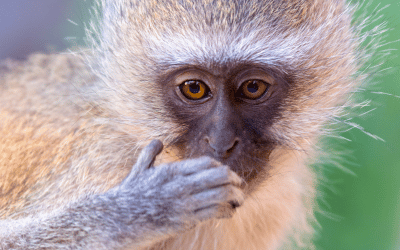
And this is my point. There are more like me out there…
I was just like some of the naïve first-time travellers that most of us inevitably encounter in our consults at some point; the ones who are only concerned with; ‘what vaccines do I need?’ and feel like the travel health part is ticked off once the achy arm sets in. (Enter: the person who comes in asking for ‘THE TRAVEL JAB’ or ‘THE DIARRHOEA JAB’).
Here’s what else happened:
Two weeks after I had returned back to the UK I got a letter from the organisation. The letter said this:
We are writing to inform you that our puppy, Beni, has sadly died of rabies. If you came into contact with Beni at any point on the trip, please seek some treatment urgently. You could be infected with rabies which is fatal if untreated. Thanks for your stay with us, hope to see you again soon!
‘Came into contact with him’? I thought. He licked me on the eyeball! And I let his little sharp puppy teeth sink into my arm constantly while playing. I KISSED HIM ON THE MOUTH!!!! Loved that little (now dead) dude.
There’s Beni on the far left on the picture below.

I then looked down at my still very visible puppy scratches. The panic set in.
I called the GP.
It went something like this:
“Help”, I said. “I might die. I need rabies treatment do you do that?”
“Do you mean rabies vaccines?”, the receptionist said.
I said; “I don’t know, do I need vaccines?”
She said; “I don’t know, I’ll check for you”.
So, she went off to ask someone and came back saying; “‘No, we don’t do rabies vaccines here, and even if we did you won’t get an appointment now. You sound very last minute if you want them right now. Maybe try the pharmacy?”
So, what did I do next?
I did what any other not-very-sensible person would do and called my friend (Google still wasn’t really my go-to at this point in time but it was for her).
She said;
“Oh, don’t worry, it says here on Google that the vaccines are BEFORE you go and you have already gone and come back. So, there’s no point. You’re OK, it says here that you CAN die, but you’re NOT dead so you will be fine. Don’t worry, I was bitten LOADS by a kitten that looked a little rabid in Turkey: And look at me, I’m fine”.
Relieved, and happy to settle with that prognosis, I carried on with my life for many years (whilst somehow not falling from heights, electrocuting myself, or dying of rabies – and fortunately, so did my friend).
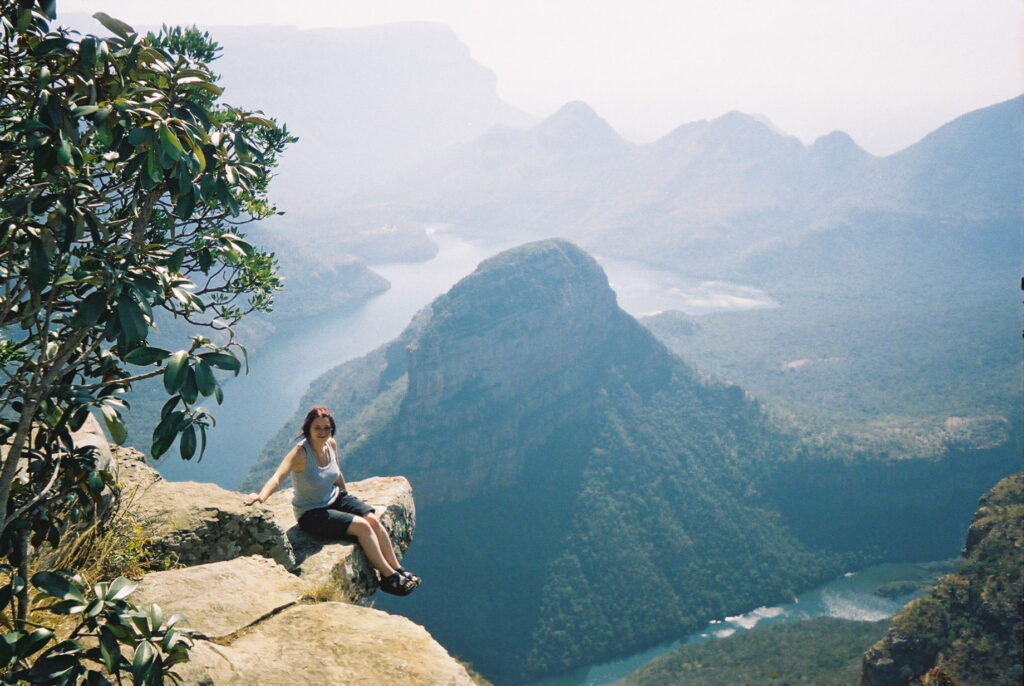
Could my job have saved my life?
In 2011 after gaining RGN status and also surviving a stint working in A&E, I developed a desire to enter the world of primary care and health promotion. It seemed more appealing than continuing to pick up the pieces from those (who behaved like me) appearing in the ED after various preventable things had gone wrong. So, I stalked a fabulous travel health company (Nomad) until they kindly relented and gave me a job.
It was there that I:
- First learned how irresponsible I had actually been and how at risk I actually was.
- Started to feel angry at my pre-travel health adviser, and also the team who I had been to for help and advice post-trip when I was worried about dying.
- Vowed never to tell someone going to a rabies endemic area that they didn’t ‘need’ rabies vaccinations even if it is a ‘short trip’ or ‘not working with animals’ (the puppy was a household pet it wasn’t even one of the client-animals ironically).
- Learned how important it is to try to drag it out of someone exactly what risks they will be exposing themselves to and not settling for believing the traveller has already correctly pre-selected the relevant parts to tell me.
- Acknowledged that a consideration of attitudes towards health precautions while away should also feature in a consultation.
- Realised the value of decent advice-giving so travellers can learn to recognise their risks when they happen. And importantly, to know what to do about it when exposed to that risk.
- Recognised that there’s an amazing option to purchase privately available life-saving pre-exposure vaccines if desired.
- Had my post-exposure rabies vaccines, embarrassingly, 5 years after the exposure.
- Realised my job may have just saved my life. What I was blissfully unaware of at the time was that rabies can lurk completely asymptomatically in the nerves for YEARS. And is only fatal once symptoms start to appear. And at that point it’s too late for treatment.
Did I have a ‘lucky escape’?

This experience has made me quite passionate about pre- and post-trip counselling on rabies. I hence never omit an explanation of what rabies is, how you get it, what to do if one is exposed, and what the benefits of the vaccines are, and so on.
When pondering the question of ‘what vaccines do I need?’ I suppose my reflections on this story are this:
- Some travellers suck at risk assessing themselves and need a bit of guidance with how to take care of themselves. That’s why travel health is a (very valuable) specialism.
- A traveller can still ‘need’ something even if they are low risk. LOW risk is never NO risk. Otherwise it would say ‘NO risk’ on the database (or not even mention it at all).
- Just because one does not administer the vaccine in question there still needs to be an understanding of it and how to advise on it, and where to signpost to. And not just before the trip. Some vaccines are ‘needed’ after the trip too. Should reception staff also have some training here too for when they get a call like mine? I was simply turned away from what is (and was back then too) an NHS service.
- We should always consider the ‘what if’ scenario. Post-travel advice should feature in a portion of the pre-travel discussions. “What would happen if…”, “Where would you go if…”, “What would you do if…”, “If this particular thing happens do this…”.
- Using the internet to get medical advice is one thing, but knowing how to use it properly is quite another. That’s why travel health nurses are trained to be experts in using Travel Health Pro and other brilliant databases.
I often wonder…
How would my initial pre-travel South Africa consultation and behaviour have differed afterwards if someone had explained the risks to me. Rather than just dismissing rabies on the back of one sentence about my trip?
Because of this experience (and also the crucial need for true informed consent), I always encourage the travellers I’m consulting with to make the decisions themselves so they truly grasp the risks and don’t sit their passively just expecting to be told what to do or not do (like I did back then). I encourage them to picture themselves in a situation that is realistic to their trip and how it might feel to be vaccinated or not in that instance. I want them to get in the mindset of how I felt getting that scary letter. Of course, there are also mitigating factors such as budget and side effects. But my job is to discuss the travellers’ options and present factors for consideration, so that’s exactly what I do.
So, would YOU like to know more about pre and post exposure rabies?
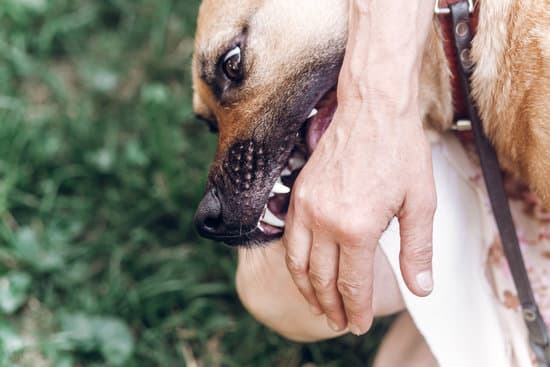
- Maybe you want to learn a bit more about rabies so you can discuss it easily with your travellers?
- Or perhaps you are keen to hear some more cautionary tales about how other people have had various run in’s with animals?
- You might now be wondering what my post-exposure rabies treatment involved? Or how treatment differs when you are vaccinated versus when you are not vaccinated?
- Or perhaps you are off on holiday yourself this summer to a rabies endemic country and would simply just like some more information?
Please feel free to join me for a free Lunchtime Learning Session:
Not So Cute and Fluffy Now? Understanding and Talking About Rabies With Travellers
The session is being held on Friday 7th of June between 12:30-13:30pm. Don’t miss your spot – sign up now! I look forward to seeing you there.


